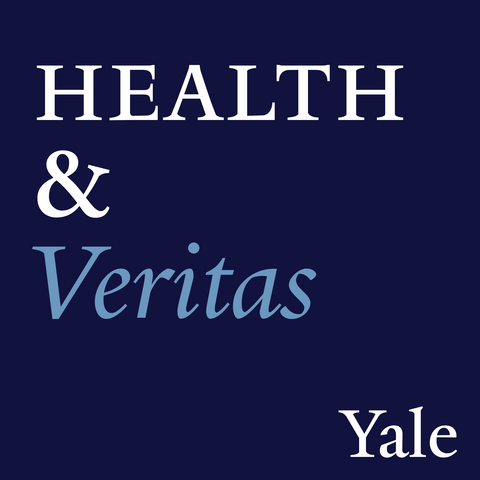Healthcare
Do the New Obesity Drugs Pay for Themselves?
Could expensive drugs like Ozempic save healthcare systems money by reducing the risk of obesity-associated diseases? A new study co-authored by Yale SOM’s Jason Abaluck suggests that other health expenses may actually increase over the first couple years of treatment.

To Counter the Loss of the Federal Mandate, Create a State Healthcare Fee
To avoid higher premiums and more “free riders," Fiona Scott Morton proposes that Connecticut require residents to buy insurance, contribute to a Health Savings Account, or pay a fee to the state.
Can Better Teamwork Save Lives?
By gathering and analyzing real-time data about how team members interact, researchers investigated whether a care coordinator can improve outcomes—and in the process, learned just how delicate team dynamics can be.
Do We Need to Think Big about Health and Well-Being?
In an online conversation, Dr. Vivek H. Murthy ’03, the 19th surgeon general of the United States, discussed improving public health by addressing its lifestyle, environmental, and societal components.

Three Questions: Prof. Marissa King on How the Opioid Epidemic Spreads
We asked Yale SOM’s Marissa King, an expert in social networks who has studied the spread of drug addiction, what is driving the opioid crisis and how it can be addressed.

What’s at Stake in the Healthcare Debate?
Yale Insights talked to Howard Forman, a Yale physician and economist, about the consequences of Congress passing a repeal of the Affordable Care Act—and what might happen if nothing passes.
Is Big Data Bigger than Its Own Hype?
Big data alone will not solve a single problem but combined with smart questions and effective tools it could launch a new age of discovery.

Seniors Aren’t Learning to Choose Better Prescription Insurance Plans
Seniors picking prescription plans through Medicare Part D often aren’t choosing the plans that offer the best value.
Where are the Opportunities for Investment in Healthcare?
Dr. Stephen Knight ’90, president and managing partner of the healthcare-focused venture capital firm F-Prime Capital Partners, talks to Yale Insights about how the company evaluates startups—and why launching a company yourself is sometimes the most profitable route.

Surprise Bills after ER Visits Are Surprisingly Common
When patients go to an emergency room within their insurance network, they often get unexpectedly large bills because a treating physician is out of network, Yale research finds.

Is Obamacare in Trouble?
Three major insurers have pulled out of the Affordable Care Act's healthcare exchanges, prompting concerns about the exchanges’ long-term sustainability. Yale’s Fiona Scott Morton and Howard Forman discuss the state of Obamacare and what it needs to thrive.

